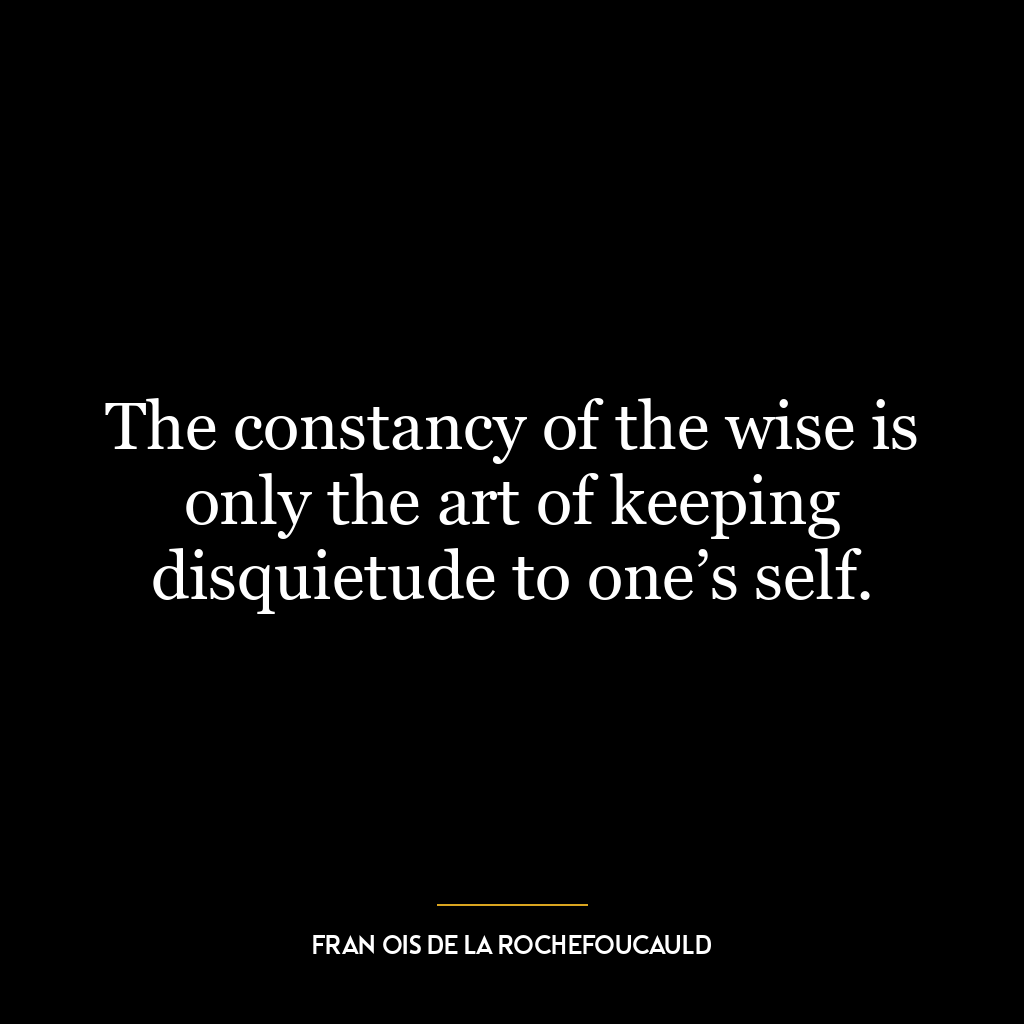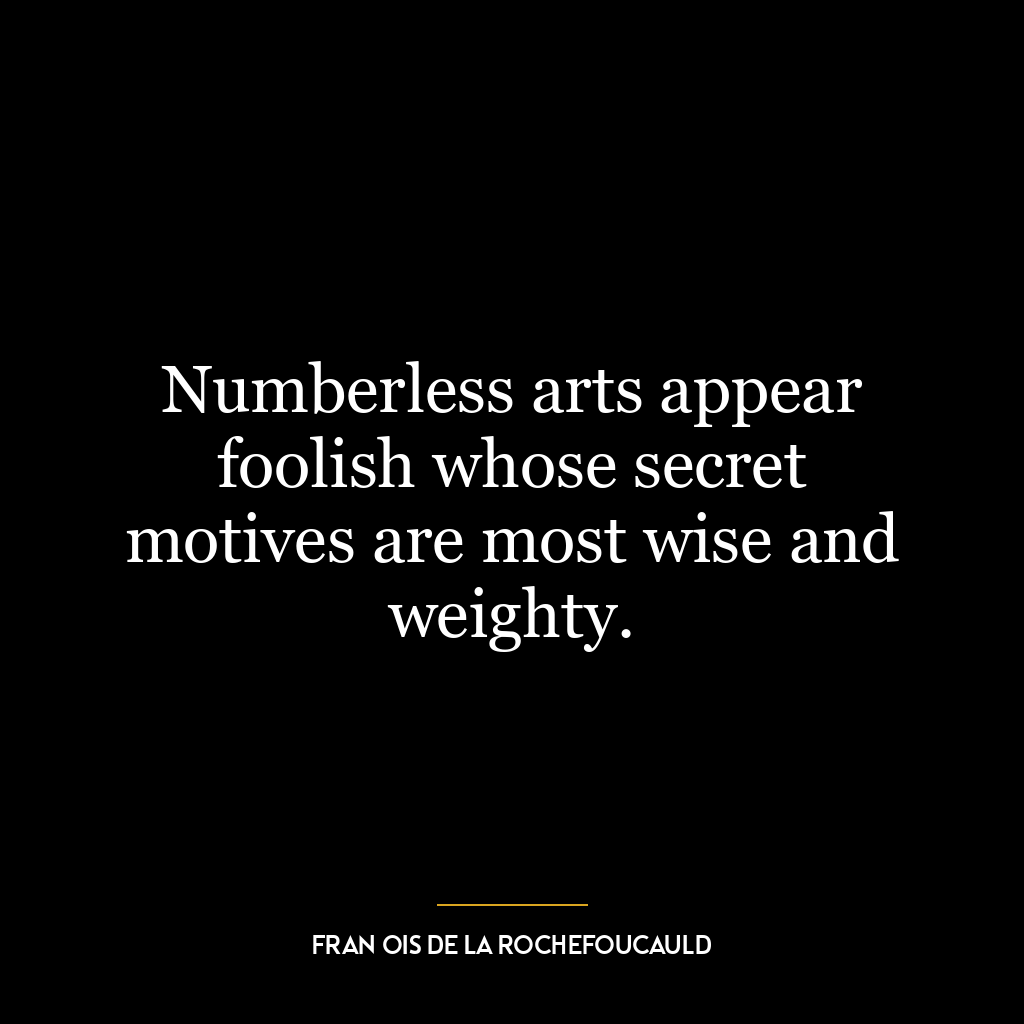He that’s foolish in the fault, let him be wise in the punishment.
This quote, “He that’s foolish in the fault, let him be wise in the punishment,” is essentially about learning from one’s mistakes. It suggests that even if a person acts foolishly and commits an error or wrongdoing (the ‘fault’), they should strive to gain wisdom from the consequences of their actions (the ‘punishment’). The punishment here does not necessarily mean a legal or formal penalty; it could refer to any negative outcome or repercussion of one’s mistake.
The key idea is personal growth through self-reflection and introspection. If we make a mistake due to ignorance, recklessness, or poor judgment, we should not just regret our actions but also analyze them critically. We should understand why we made those choices and how they led to unfavorable outcomes. This understanding can help us avoid similar mistakes in the future.
In today’s world, this concept is highly relevant both at individual and societal levels. On an individual level, people often repeat their mistakes because they fail to learn from them effectively. They might blame others for their problems instead of recognizing their own role in creating them. However, by reflecting on our faults honestly and accepting our punishments as opportunities for learning rather than merely suffering them passively, we can grow wiser and more mature.
On a societal level too, this idea has significant implications. For instance, consider criminal justice systems focused on rehabilitation rather than retribution alone: such systems aim not just at punishing offenders but also at helping them understand their faults so they can reintegrate into society as responsible citizens.
In terms of personal development too this quote holds great value: it encourages resilience – bouncing back stronger after failures by gaining wisdom from them; accountability – owning up to one’s mistakes instead of blaming others; self-improvement – using setbacks as stepping stones for betterment; and lifelong learning – viewing every experience good or bad as an opportunity to learn something new about oneself or life.















